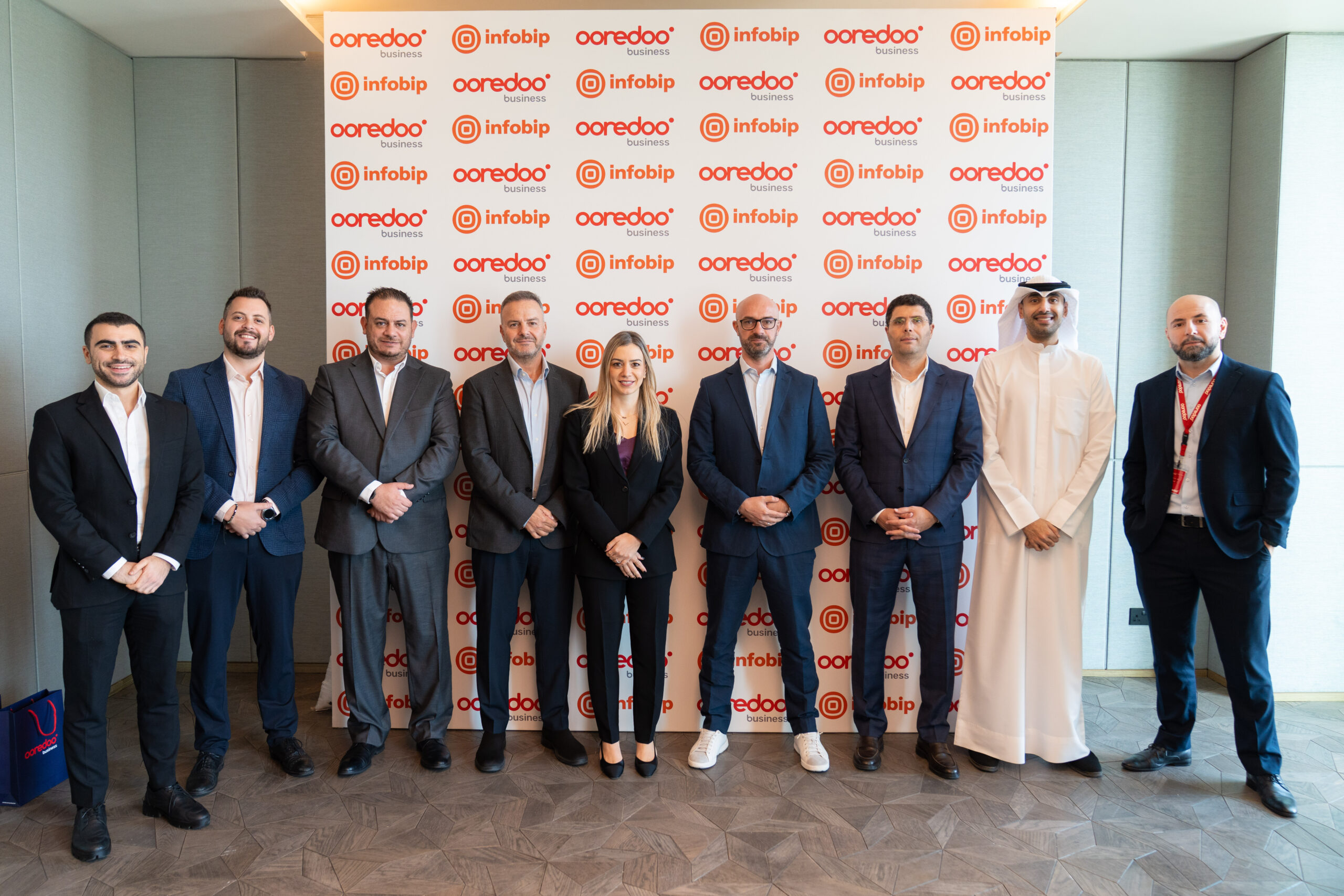The UAE is buzzing with artificial intelligence ambition. Fuelled by significant government investment and visionary initiatives like the National Strategy for Artificial Intelligence 2031, businesses across the Emirates feel the pressure to integrate AI swiftly, increasingly viewing it as a must-have to remain competitive.
Yet, amidst this enthusiasm, industry experts are offering valuable guidance: a thoughtful, strategic approach to AI implementation delivers more sustainable results than rapid adoption alone. Experts are warning of a widening “gap between ambition and execution,” largely driven by companies adopting technology before defining purpose.
by Mohammed Zafran – Guest Contributor
The Strategic Imperative
“In the UAE’s AI landscape, we’re seeing a curious paradox,” observes Jigar Sagar, Founder of Triliv Holdings, serial entrepreneur, investor and government advisor. “Companies are investing heavily in AI solutions, but many haven’t answered the fundamental question: what business problem are we trying to solve?” he says.
Sagar, who has scaled over 31 ventures to a combined valuation exceeding US$350 million, emphasises that successful AI implementation requires more than just technological investment. “Having the latest AI tools without a clear strategy is like buying a Ferrari without knowing how to drive. You might look impressive, but you’re not going anywhere meaningful.”
He advocates for a business-first approach to AI adoption. “Before we talk about machine learning models or neural networks, we need to understand the business ecosystem. What are your pain points? Where are the inefficiencies? How does AI fit into your broader digital transformation journey? These questions need answers before writing a single line of code.”
Navigating Uncharted Territory
Adding another perspective, Paul Hamilton, Managing Director at Ibtikar, highlights the widespread uncertainty facing businesses. He points to Ibtikar’s 2024 research across leading UAE and global companies, which found that nearly 50% lack a structured approach to Generative AI.
This absence of clear strategy, Hamilton suggests, stems from several fundamental challenges hindering execution. “We’ve never seen anything like this before — there’s simply no precedent,” he notes. Compounding this is the dizzying pace of change, where strategies become obsolete in months, and confusion over who should lead GenAI initiatives. “Should it be someone with a technical background, a transformation background, an innovation background or a project leadership? And if the answer is all four (spoiler alert: it is) — where do we find these people?” he says. And the “most paralysing challenge” of managing risk in such a dynamic environment.
To bridge this gap, Hamilton stresses the need for decisive action, starting with “an active decision to pick a strategy.” Beyond choosing a path, he emphasises putting “leadership and budget in place,” suggesting flexible options like fractional roles or an ‘AI Innovator-in-Residence’, and crucially, “to get started!”
The Reality of Implementation
Jeremy Denisty, Managing Director and Partner at Imagin3 Studio, identifies education as the fundamental challenge. “The biggest gap is education. Many professionals still don’t fully understand what we’re talking about when we talk about AI,” he observes. “The emergence of Transformers in 2016, now at the foundation of Generative AI, brought wider topics such as automation, optimisation, and digital transformation back to the top of boardroom agendas. But it also created confusion.”
Denisty emphasises that AI implementation should follow the same principles as previous waves of digital transformation. “AI is no different from earlier digital transformation waves. The fundamentals still apply. Don’t chase the shiny things — focus on solving real problems,” he advises.
His insights extend beyond implementation to a deeper philosophical challenge he calls the debate between ‘SOUL’ and ‘SCALE’. “As companies push AI to optimise, automate, and scale operations — because they have to, just to stay in the game — that’s their ‘Licence to Play’. But everyone will be doing the same. And when everyone optimises, margins compress. It becomes a race to the bottom.” The real differentiator, he argues, will be preserving the human element in strategic areas of business.
The Holistic Approach
Dr Selina Neri, CEO, Dean & Co-Founder, Institute for Future Readiness, emphasises that successful AI integration requires a comprehensive strategy. “AI promises increased productivity, precision and personalisation in business, and is increasingly a must-have to remain competitive. The transition to AI adoption isn’t easy or seamless. It requires a holistic and strategic approach and goes far beyond having technical expertise on the ground.”
She outlines specific steps organisations need to take: “Organisations need to focus on several layers: set objectives and use cases, take a long look at your data, evaluate your technology stack, and commit to lifelong learning.” The key, she emphasises, is transforming cultures “towards co-intelligence, driving cross-functional collaboration and integration, as AI touches all aspects of business processes and does not see silos.”
This commitment to lifelong learning is being reinforced at the national education level, with the UAE recently announcing the introduction of AI classes for children as young as four.
Dr Neri particularly underscores the importance of data readiness: “Training AI models to deliver expected outcomes requires high‑quality data. If your data isn’t up to mark, slow down. Get your data ready first, then embrace AI.”
The Implementation Path
For Reg Athwal, Founder & CEO of Verchool Platforms, the biggest challenge facing organisations is clear: talent readiness. He says “ambition is high, but execution stalls without AI-literate teams and clear use cases.” His prescription for success is equally clear-cut: “Start by aligning AI adoption with core business goals, appoint internal champions, and run pilot projects before scaling.”
He sees particular opportunity in the region’s unique position: “The UAE can lead in culturally contextual AI, smart city innovation, and sovereign data-driven solutions built by regional talent.” When it comes to quick wins, he points to internal operations as an overlooked opportunity: “AI in internal ops like customer service, HR, and finance is underutilised; automation here can deliver immediate ROI.”
Looking ahead, he emphasises the growing importance of AI literacy: “Personalised AI assistants and vertical-specific AI tools will reshape industries — businesses must invest in data readiness and AI literacy now.”
Looking Ahead
As Sagar concludes, “The UAE has the potential to be a global AI leader, but our success will be determined not by how quickly we adopt AI, but by how wisely we implement it.” This sentiment is powerfully illustrated by one of Denisty’s client examples: “One of our clients in luxury hospitality told me, ‘We’ve decided not to implement AI in telephone customer care. In five years, we want to be the only chain where a human still answers the phone. We believe we’ll win because of that.’”









